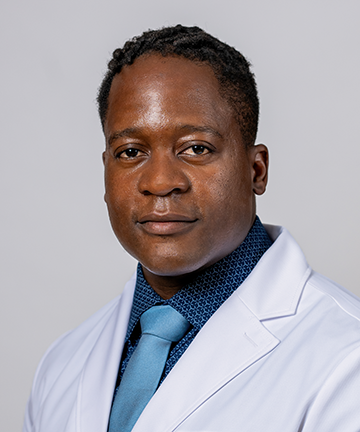Concussion Prevention & Care Tips for Brain Injury Awareness Month
By: Dr. Mutsa Nyakabau, a pediatrician at Kaiser Permanente’s Ashburn Medical Center
Youth sports can help children and teens stay healthy while also teaching them important team-building skills. However, there are risks to participating in activities where heads or bodies can be hit hard. One such risk is sustaining a mild traumatic brain injury (mTBI) like a concussion. For parents of student athletes, it’s helpful know more about concussions, especially how to recognize them and what to do if one occurs.
What is a Concussion?
A concussion is a brain injury that’s caused by a direct or indirect impact to the head. The force can jar or shake the brain and interrupt its normal activities.
Preventing Concussions—Keeping Kids Safe
To help lower the risk of concussions and other injuries like skull fractures or brain bleeds, make sure your child wears a helmet that’s undamaged and fits appropriately. In addition, ensure that your child avoids hitting others in the head or using their own head for tackle or hits. All athletes should follow their sport’s rules for fair play, safety, and sportsmanship.
Common Concussion Symptoms
While you can’t see a concussion (and every concussion is different), there are key signs that parents can look out for. Some symptoms may appear right away, while others may not be noticed for hours or days after the injury. Typical symptoms include:
- Blurry vision
- Headaches
- Confusion or trouble concentrating
- Fatigue
- Mood changes
- Changes in sleeping patterns
- Nausea or vomiting
- Short- or long-term memory problems
- Dizziness or balance problems
- Bothered by light or noise
- Ringing in the ears
Note: In rare cases, a concussion can cause dangerous bleeding in the brain. Call your doctor right away or seek immediate medical care if your child:
- Continues to vomit after 2 hours
- Has clear or bloody fluid coming from the nose or ears
- Has new weakness or numbness in any part of the body
- Has trouble walking
Call 911 any time you think emergency care is needed. For example, call if your child:
- Has twitching, jerking, or experiences a seizure
- Loses consciousness
- Does not know where they are or is extremely sleepy or hard to wake up
- Suddenly cannot walk or stand
If your child is experiencing any of the symptoms above, they should be removed from the sport immediately and evaluated by a doctor before returning.
Recovery After a Concussion
Usually, the symptoms of a single concussion resolve within a few weeks. However, recovery may take a few months or longer. Ensuring time to heal is very important. Doing too much too soon after a concussion can make things worse, so activities like sports and physical education should be avoided until a doctor says it’s okay for your child to return.
At the same time, recovery data shows that 24-48 hours of relative rest, meaning some activity that doesn't worsen symptoms, is beneficial. The old recommendation of complete rest after a concussion seems to slow recovery, hence the term "relative rest." After this period, work with your child and their doctor on a gradual return to play.
While concussions aren’t visible, they must be taken seriously. Following a treatment plan from your child’s doctor will help to optimize your child’s recovery and get them back in the game.
Kaiser Permanente partners with The St. James to support healthy athletes.
Kaiser Permanente delivers pediatricians and pediatric specialists who are committed to keeping your child’s health and development on track. Connected by your child’s medical record, they can track vaccines that are needed, review test results, and medication, and communicate seamlessly with one another to provide both the routine and targeted specialty care your child requires.
Learn more sports medicine tips and about becoming a member at Kaiser Permanente.

Dr. Mutsa Nyakabau is a pediatrician at Kaiser Permanente’s Ashburn Medical Center.
